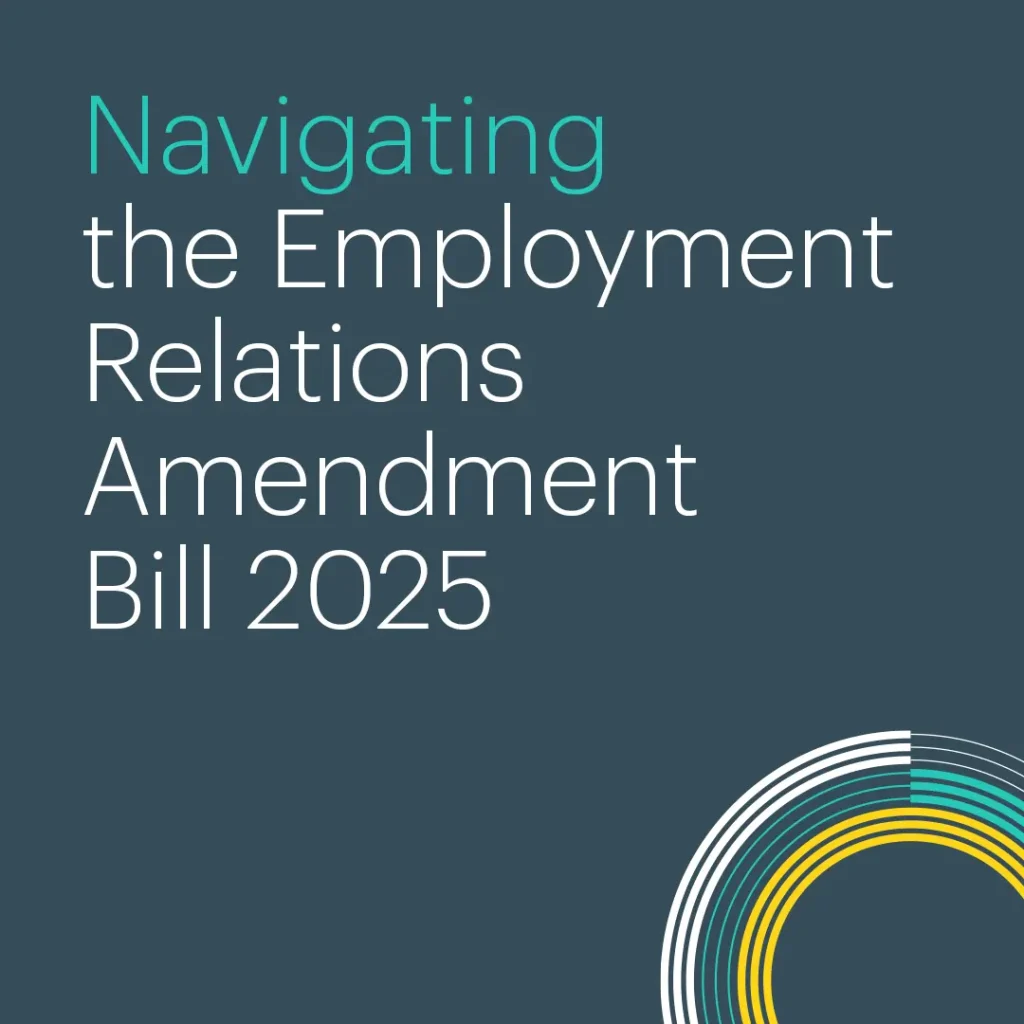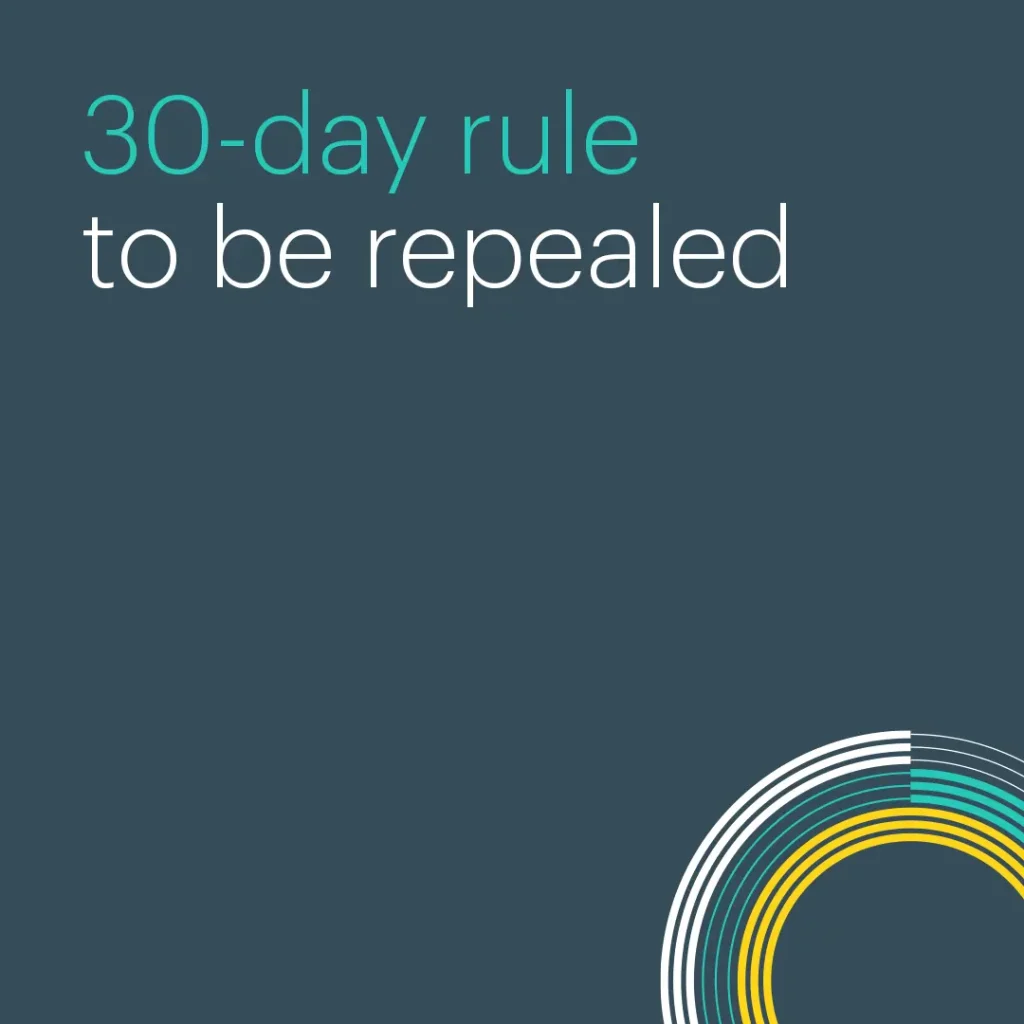This time of year typically sees a large number of collective agreements up for renewal. With this in mind, what does good faith in collective bargaining look like?
In this article, Senior Associate Raymond Wheeler recaps what good faith in collective bargaining means, how it can aid bargaining, and also how the term can be misused .
What does good faith in collective bargaining mean?
The requirement for good faith in collective bargaining is set out in Employment Relations Act 2000. The Act requires that parties to an employment relationship deal with each other in good faith, acting in a way that meets their obligations of mutual trust and confidence.
In relation to collective bargaining, the Act doesn’t stipulate how the parties are to bargain, only that it must occur in good faith. So what does good faith look like in action? While there are a number of relevant sections of the Act, key requirements are that parties involved in bargaining must not act in a misleading or deceptive way, and must be responsive and communicative to maintain productive and constructive relationships.
In simple terms, everyone involved in bargaining must commit to fair conduct and consistent communication. Given that collective agreements will all eventually settle at some point, adherence to the principles of good faith in the bargaining process will not only help get the job done, but help to ensure goodwill in the ongoing employment relationship.
Claims of breach of good faith in collective bargaining
Due to the nature of bargaining there will always be differing opinions at the table. Most often, these centre around increases to wages or salaries, or any terms and conditions that have a cost attached. The allegation of ‘bad faith’ is often levelled at employer bargaining teams when unions disagree with the proposals presented, and recently, the term ‘clawback’ has become a common theme.
However, differences of opinion between parties do not constitute a breach of good faith and litigation around alleged breaches can be time-consuming and a distraction from reaching an agreement. An example of a potential breach of good faith is when a party during bargaining produces a Handout or Notice which contains mis-leading, mis-quoted statements that attempts to influence a parties respective position.
Preventing claims of bad faith in collective bargaining
The bargaining process inherently presents diametrically opposed views. Before the renewal process hits an impasse or standstill, or there are behaviours and actions that result in claimed breaches of good faith, it is important to have a shared understanding of the rules of the game.
Prior to commencing bargaining, a Bargaining Process Agreement (BPA) should be developed and signed, providing processes that allow parties to achieve solutions and conclude bargaining in an effective and efficient manner. This could include agreeing to providing joint statements or progress reports from time to time where the communication will be factual and accurate, or non-critical.
Always remember at some point a collective agreement will settle. Along the way, a well thought out BPA can be instrumental in resolving the issues that can arise in an often-stressful environment with strong characters with differing agendas. Bargaining undertaken in good faith, with clear guidelines, will ultimately strengthen the ability of everyone involved to achieve the objective of mutual trust and confidence in the employment relationship.
For more information around our collective bargaining services, please get in touch.









